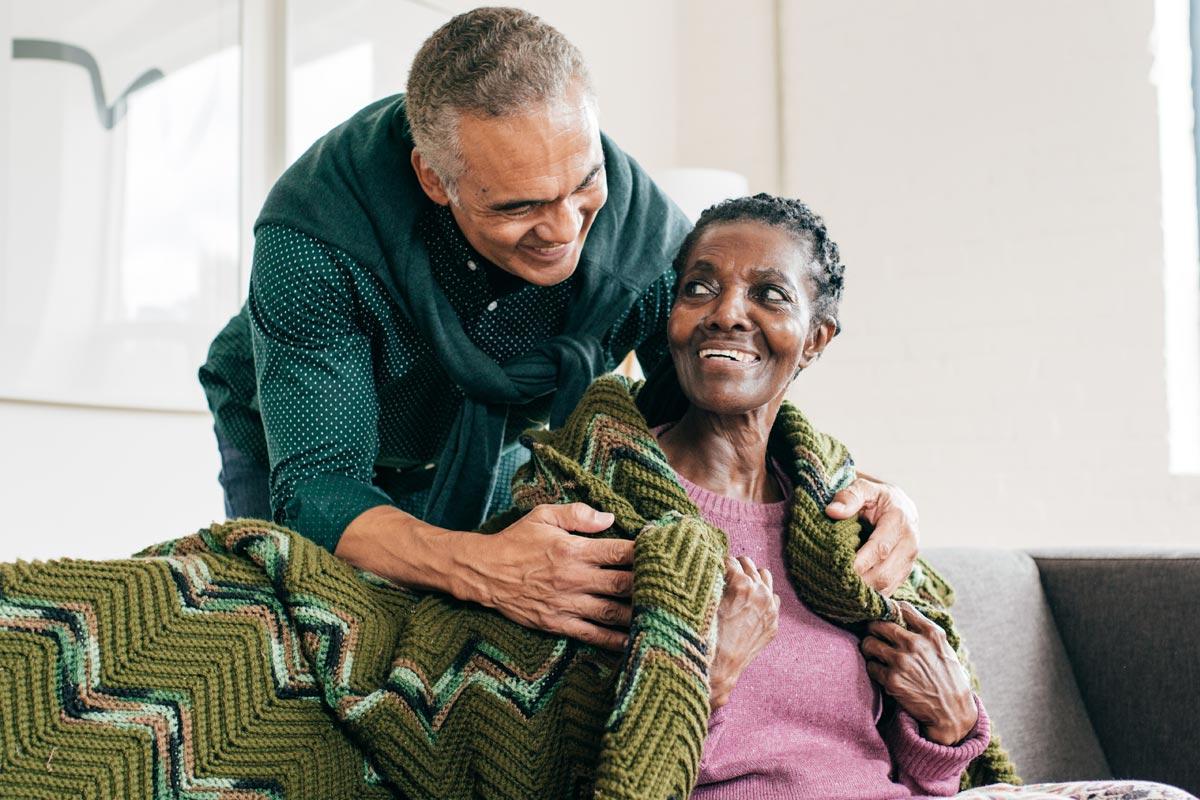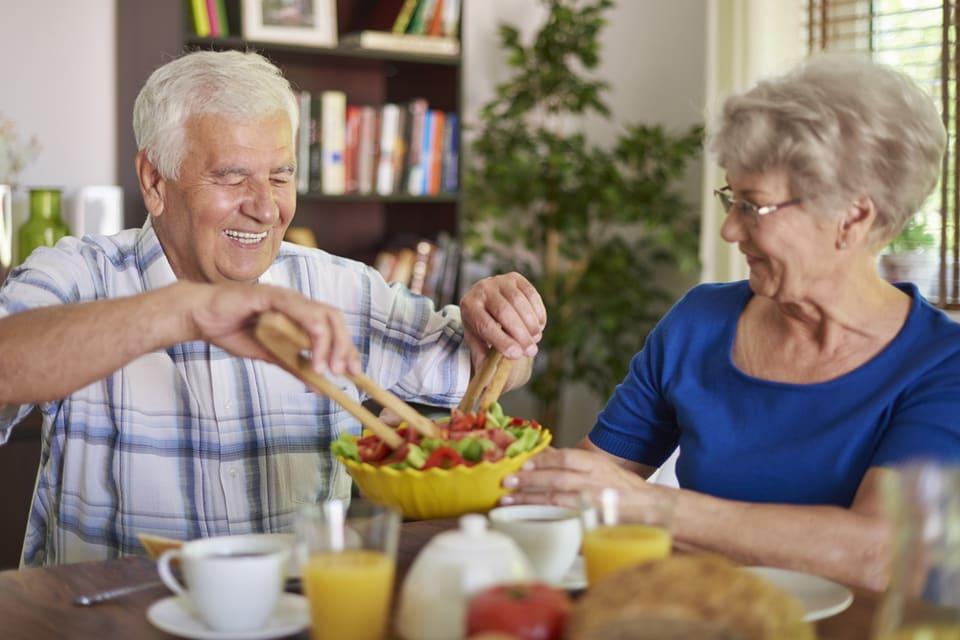🧳 Summer Traveling for Seniors: What You Need to Know
Tips for Safe, Comfortable, and Stress-Free Travel
At Good Care Home Health Services, we understand that travel isn’t just a luxury—it’s a meaningful part of life. Whether it’s visiting grandchildren, attending a family celebration, or simply enjoying a scenic road trip, seniors deserve the freedom to travel safely and confidently.
However, travel for older adults requires a bit more preparation to ensure that medical needs are met, care is not disrupted, and every step of the journey goes as smoothly as possible. Below, we’ve compiled a comprehensive guide to help seniors—and their families or caregivers—plan for safe, enjoyable travel this summer.
✅ 1. Notify Your Managed Care Plan and Homecare Provider Early
Before making travel arrangements, seniors receiving CDPAP, or traditional home care services must take this crucial step:
Notify your managed care plan and your homecare provider.
Inform them of your departure and return dates
Provide the destination address
Clarify whether you are pausing, relocating, or adjusting services
Discuss whether temporary out-of-area coverage is possible (some MLTC plans may allow this)
If you're receiving CDPAP services or have a regular aide, communicate early so they can plan time off, adjust their hours, or coordinate with your agency.
Failing to notify your plan or provider may result in service disruptions, missed visits, or potential compliance issues with your homecare benefits.
🩺 2. Schedule a Pre-Trip Doctor Visit
About 2–4 weeks before your trip, book a visit with your primary care provider. This gives you time to:
Review your current health status
Discuss any travel-related risks
Refill all prescription medications
Get any necessary vaccines (especially for out-of-state or international travel)
Request a copy of your medical records and a list of prescriptions
Your doctor can also write a note explaining any medical conditions, which may be helpful if emergencies arise during travel.
💊 3. Organize Medications and Health Supplies
Bring enough medications to last for your entire trip—plus a few extra days in case of delays. Pack medications in their original containers and carry them in your personal bag or carry-on luggage.
Other must-haves for senior travelers:
Pill organizer
Blood pressure monitor (if used)
Glucose meter and insulin (if diabetic)
Hearing aid batteries
Incontinence products
Emergency medical alert ID
🧳 4. Pack Light—but Smart
Comfort is key, especially when dealing with high summer temperatures. Seniors should bring:
Lightweight, breathable clothing in layers
A wide-brimmed hat and sunglasses
Comfortable walking shoes with good support
Cooling towel or portable fan
Sunscreen (SPF 30 or higher)
Reusable water bottle
Hand sanitizer and sanitizing wipes
Try to limit luggage to what you can safely handle. If mobility is an issue, use rolling luggage, walker bags, or ask for travel assistance.
🚗 5. Know Your Transportation Options and Support Services
For Driving:
Plan routes ahead of time and avoid driving during high-traffic hours
Stop every 1–2 hours to stretch and use the restroom
Avoid driving in extreme heat, especially mid-afternoon
For Flying:
Request wheelchair or mobility assistance when booking
Arrive early and check TSA regulations for medications and medical devices
Keep essential medical items in a personal bag, not in checked luggage
Tip: Print your boarding pass ahead of time and travel with a lightweight foldable cane or walker if needed.
🏨 6. Book Senior-Friendly Accommodations
When choosing where to stay, consider the following:
Elevator access and ground-floor rooms
Walk-in showers with grab bars
Proximity to hospitals or urgent care
On-site restaurant or room service (helpful if going out becomes difficult)
Quiet environment with good temperature control
If staying with family, make sure they prepare the space to accommodate your needs—like non-slip rugs, extra pillows, or portable handrails for bathrooms.
💧 7. Hydration and Nutrition Are Critical
Older adults are more vulnerable to dehydration and heat exhaustion, especially in the summer. Make hydration a priority:
Drink water frequently, even if you don’t feel thirsty
Avoid sugary or caffeinated drinks in large amounts
Consider electrolyte drinks during long days outside
Choose lighter meals that are easier to digest. Be cautious when trying unfamiliar foods, especially if you have dietary restrictions or sensitive digestion.
🧘 8. Take Care of Your Mental and Emotional Wellbeing
Travel can be exciting, but it can also be overwhelming. Prioritize routines that bring comfort:
Get adequate sleep
Build in quiet, restful time between activities
Stay connected to your support network via phone or video calls
If you use a homecare aide, ask for assistance organizing your suitcase, checking schedules, or setting up reminders on your phone.
📁 9. Carry Important Documents and Emergency Info
Create a travel folder or pouch with:
Photo ID
Insurance and Medicare/Medicaid cards
A printed list of medications and dosages
Physician contact info
Emergency contacts
Power of Attorney or Health Care Proxy documents (if applicable)
Also, store digital copies on your phone or tablet, using a secure app or password-protected file.
☀️ 10. Avoid Peak Sun Exposure and Overheating
Heat-related illness can set in quickly for seniors. To protect yourself:
Limit outdoor time during 10am–4pm
Wear breathable, light-colored clothes
Rest frequently in shaded or air-conditioned areas
Watch for signs of heat exhaustion: dizziness, fatigue, nausea, or confusion
Always apply sunscreen before going outside and reapply every 2 hours—especially if sweating.
❤️ Enjoy the Journey—But Don’t Skip the Details
Traveling as a senior takes planning—but the rewards are worth it. Whether it’s making family memories, attending a celebration, or simply changing the scenery, a well-prepared trip can be joyful and empowering.
Just don’t forget:
Notify your care team
Keep medical needs top of mind
Travel within your comfort zone
Allow time to rest and recharge
From all of us at Good Care Home Health Services, we wish you a safe, healthy, and happy summer season!
Have questions about how to notify your managed care plan or adjust your schedule? Speak directly with your homecare coordinator or case manager.
📞 Call: 716-833-3445












